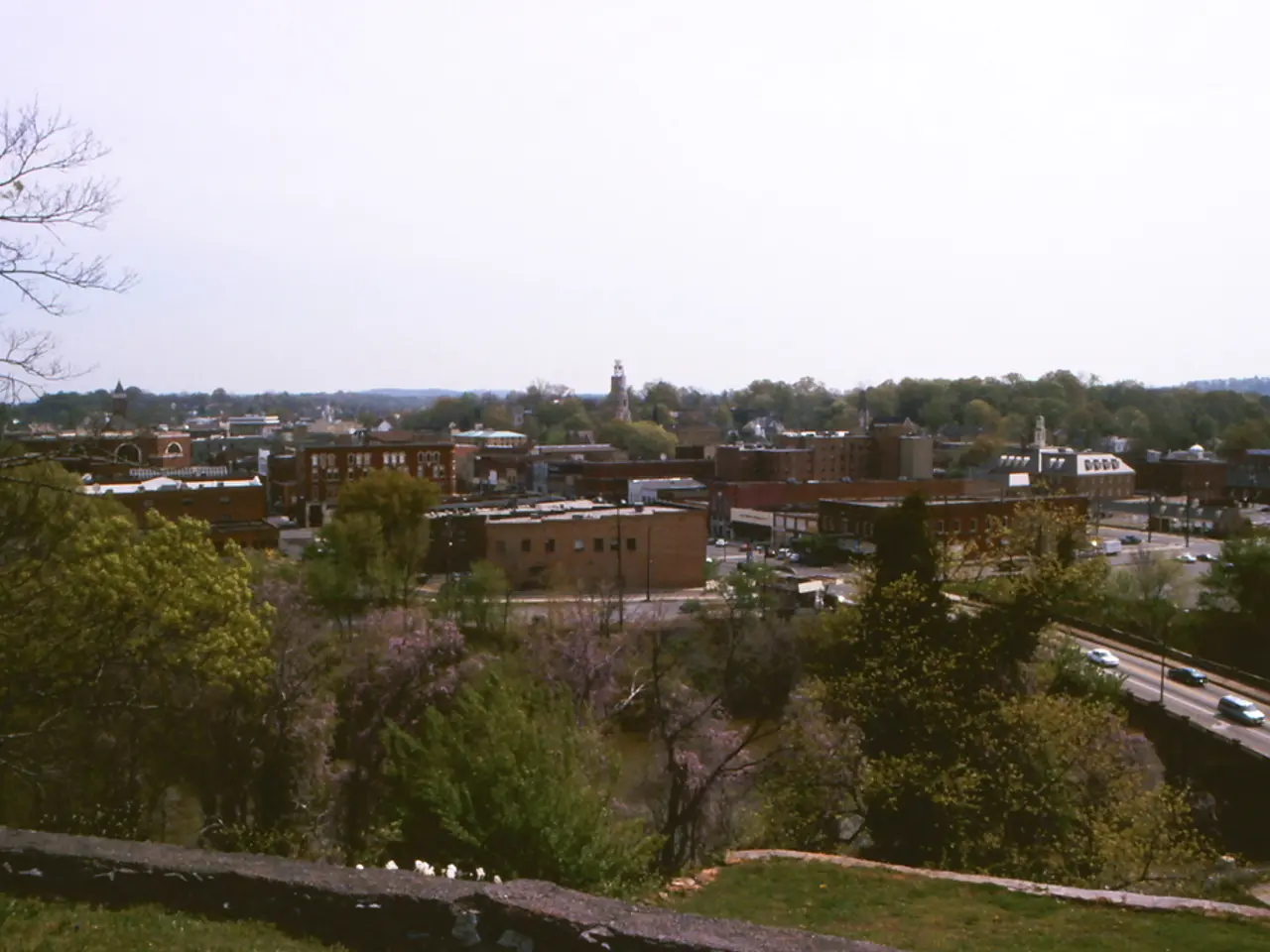Status update on the "System error" podcast: Exploration of the current standings of Dortmund city council in local elections.
In the vibrant city of Dortmund, local politics plays a significant role in shaping the community's future. The honorary positions held by city council members, district assembly representatives, RVR members, and Integration Council members, except for the Lord Mayor, offer a unique blend of challenges and benefits.
Challenges in these roles often stem from the limited financial compensation, which can lead to a potential lack of motivation for extensive commitment. Balancing these duties with private or professional lives can be demanding, and the role often requires significant voluntary time and effort without corresponding benefits. Decision-making impact may also be constrained compared to full-time politicians.
Despite these challenges, the benefits of these positions are undeniable. They offer high civic engagement, the opportunity to influence local policies, and to represent community interests directly. The positions provide experience in governance and public service, which can lead to personal development and recognition. They can also serve as a stepping stone for careers in higher political offices.
Over the years, the attractiveness of these honorary positions has evolved, reflecting wider social and political trends. The growing professionalization of politics tends to reduce interest in honorary positions due to workload and compensation issues, while increased public scrutiny and demands on politicians also contribute. However, some individuals remain motivated by strong civic duty and the appeal of community involvement.
Regrettably, specific detailed analysis on Dortmund itself is not readily available. However, general knowledge of honorary political roles in German municipalities and the typical challenges such positions face over time can provide valuable insights. For instance, recent years have seen difficulties in recruiting motivated honorary politicians compared to past decades, as general interest may have declined.
As the city gears up for the election on September 14, 2025, notable changes are afoot. Council member Udo Reppin (CDU), who has been in the city council since 1994 and is retiring due to age, will be missed. Green politician Elisabeth Brenker, who has experienced harassment, particularly from the AfD in the council, will not be part of the next city council due to conflicting commitments.
On a positive note, new faces are emerging. Daniel Tsvelenev, a student of spatial planning at TU Dortmund, has been nominated for the city council by the Left party. He aims to promote social politics and mobility alternatives in the North End.
With 443,000 Dortmund residents voting for the city council, district assemblies, RVR member assembly, and 170,000 residents for the Integration Council, the future of local politics in Dortmund is in the hands of its citizens.
However, political scientist Prof. Dr. Herfried Münkler warned in March 2025 that local politics in Dortmund could run dry due to the decreasing attractiveness of the honorary position of local politician. Changes are needed to make these positions more compatible with work and parenthood, ensuring the "fountain of youth of democracy" continues to flow.
Read also:
- Weekly happenings in the German Federal Parliament (Bundestag)
- Southwest region's most popular posts, accompanied by an inquiry:
- Discussion between Putin and Trump in Alaska could potentially overshadow Ukraine's concerns
- Massive 8.8 earthquake hits off the coast of Russia's Kamchatka Peninsula, prompting Japan to issue a tsunami alert.








